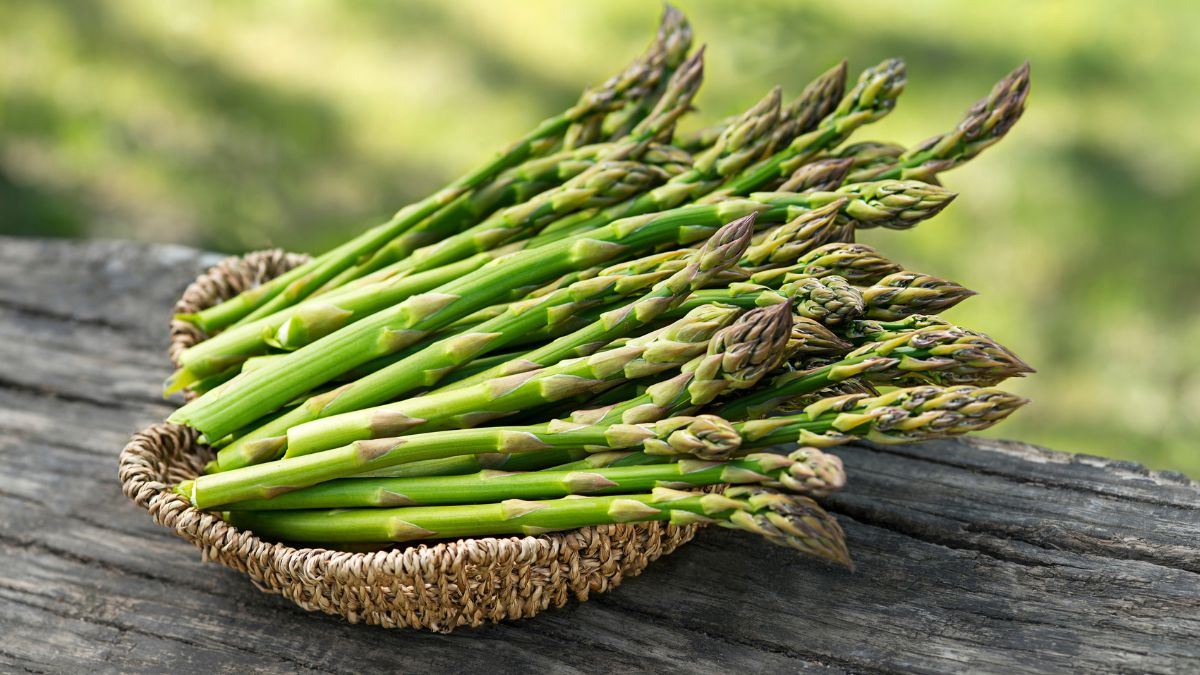Physiotherapy for Stroke Patients: Techniques for Improved Mobility
Physiotherapy for Stroke Patients: Techniques for Improved Mobility
Asparagus: Detoxifying Qualities and Considerations for Urine Odor

Asparagus: Detoxifying Qualities and Considerations for Urine Odor
In the verdant embrace of nature’s bounty, asparagus stands tall, a sentinel in the vegetable kingdom. Its slender, spear-like stalks, crowned with dainty tips, are not merely a sight to behold but a reservoir of detoxifying prowess. This culinary delight, cherished by ancient civilizations and modern gourmets alike, harbors secrets beneath its green facade that have the power to cleanse our bodies and intrigue our senses.
Asparagus is more than just a vegetable; it’s a marvel of nature’s design. With its origins shrouded in the mists of time, it has been lauded for its medicinal and culinary virtues since antiquity. The ancient Greeks and Romans were among the first to recognize its potential, employing it for its diuretic properties. Fast forward to the present day, and science has unveiled the myriad ways in which asparagus benefits our health, particularly through its detoxifying qualities.
Embarking on the journey of detoxification with asparagus is akin to setting sail on a tranquil river, letting the currents of its nutrients cleanse your body. Asparagus is rich in amino acids, particularly asparagine, which plays a pivotal role in flushing out toxins from the body. This process is akin to opening the floodgates, allowing harmful substances to be swept away, leaving behind a purified temple of well-being. Moreover, the presence of antioxidants and fiber in asparagus aids in this cleansing process, battling free radicals and promoting a healthy digestive tract.
However, the tale of asparagus and its interaction with our bodies holds a curious twist, one that has puzzled and fascinated for centuries—the phenomenon of asparagus-induced urine odor. This peculiar effect, where one’s urine emits a distinctive, often sulfurous aroma after consuming asparagus, is a testament to the vegetable’s complex chemical makeup. The cause of this olfactory curiosity is the breakdown of asparagusic acid, found exclusively in asparagus, into sulfur-containing byproducts. These compounds, once metabolized, are swiftly excreted, carrying with them a scent that is unmistakable.
While the occurrence of this unique aroma may catch some off guard, it is a benign side effect, a small price to pay for the treasure trove of benefits asparagus offers. It is a reminder of the intricate dance between our bodies and the foods we consume, a sign that the detoxification process is underway. Yet, it’s important to note that not everyone can detect this odor. Genetic variations among individuals mean that while some can perceive the scent strongly, others may not notice it at all. This phenomenon adds yet another layer of mystery to the already enigmatic asparagus.
In embracing asparagus, with its detoxifying qualities and the curious consideration of urine odor, we are reminded of the wonders of the natural world. This vegetable, a gift from the earth, offers us a means to cleanse and rejuvenate our bodies, all the while engaging our senses in an unexpected way. Asparagus invites us to marvel at the complexities of our interactions with nature, encouraging a sense of awe and appreciation for the delicate balance that sustains life. So, let us celebrate asparagus, not just as a food, but as a symbol of nature’s endless capacity to nourish, heal, and fascinate.